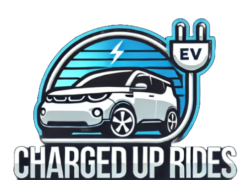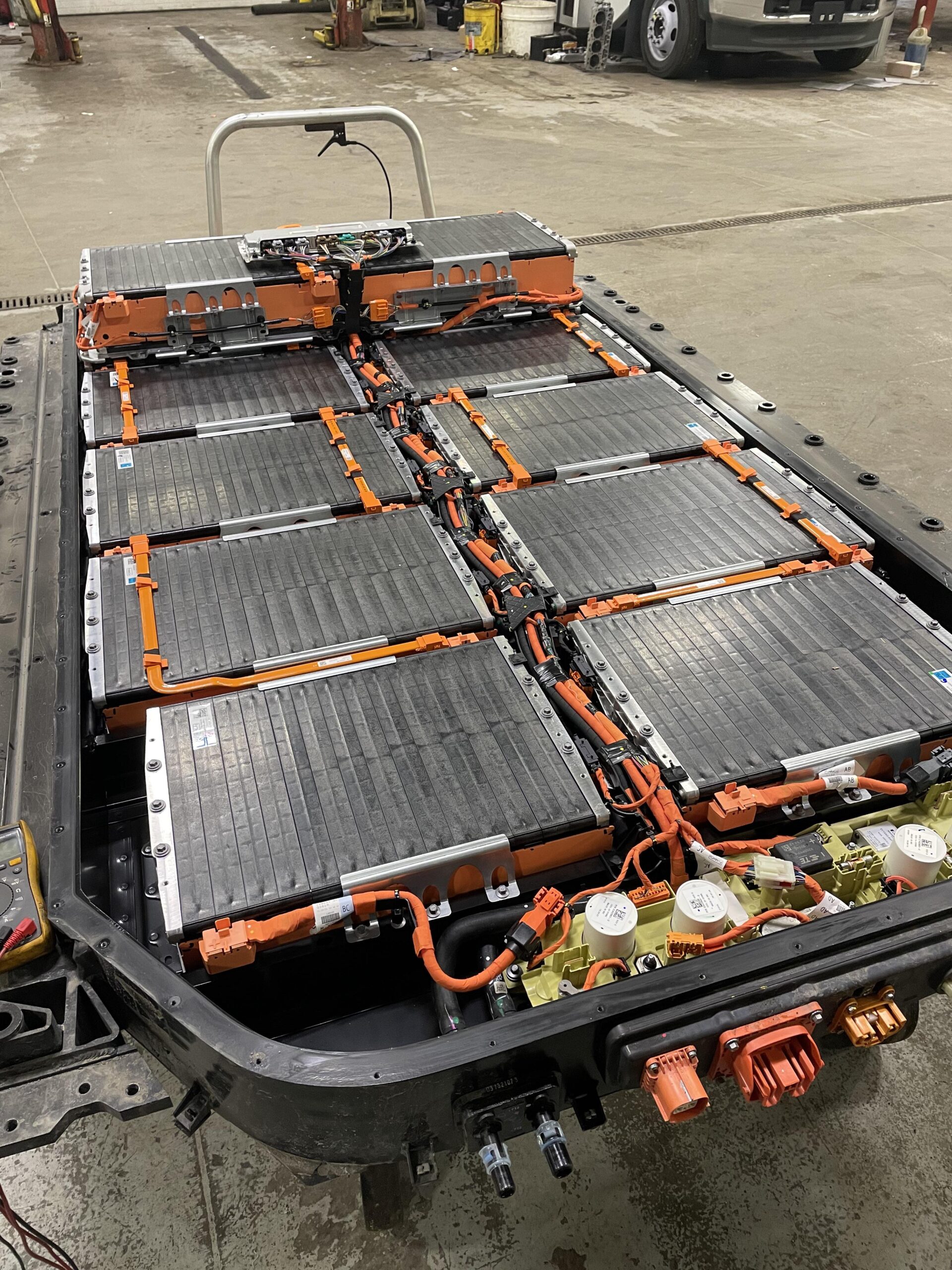Converting a classic Ford Mustang to electric power is an exciting project that allows enthusiasts to blend the charm of vintage muscle cars with modern electric vehicle (EV) technology. One of the most critical components in this conversion is the battery. Choosing the right battery can significantly impact the performance, range, and overall success of your electric Mustang. Here’s a guide to help you make the best decision.
Understand Your Power Requirements
Before selecting a battery, it’s essential to understand the power requirements of your electric motor and the performance goals for your Mustang. Consider the following:
- Motor Specifications: Check the voltage and power output of the electric motor you plan to use. Most electric motors for conversions operate at voltages ranging from 72V to 800V, and the battery must match this requirement.
- Performance Goals: Determine your desired acceleration, top speed, and driving range. A higher-capacity battery will provide a longer range but may add weight to the vehicle.
Battery Types
There are several types of batteries commonly used in electric vehicle conversions, each with its advantages and disadvantages:
- Lithium-Ion Batteries:
- Pros: High energy density, lightweight, and long lifespan. They can provide significant power and are widely used in modern EVs.
- Cons: Higher cost compared to other battery types.
- Lithium Iron Phosphate (LFP) Batteries:
- Pros: More affordable than traditional lithium-ion batteries, durable, and can tolerate fast charging. They are also safer and have a longer cycle life.
- Cons: Lower energy density compared to other lithium-ion chemistries, resulting in a larger battery pack for the same range.
- Lead-Acid Batteries:
- Pros: Lower initial cost and widely available. They are a common choice for budget-conscious projects.
- Cons: Heavier, shorter lifespan, and lower energy density compared to lithium options. They also require more maintenance.
Capacity and Range
Battery capacity is measured in kilowatt-hours (kWh), which indicates how much energy the battery can store. When selecting a battery, consider:
- Capacity Needs: A higher-capacity battery (e.g., 40 kWh or more) will provide a longer driving range, typically estimated at 3 miles per kWh of energy. For example, a 50 kWh battery could potentially offer around 150 miles of range under optimal conditions.
- Weight Distribution: Ensure that the weight of the battery pack is distributed evenly within the vehicle to maintain handling and performance. This is particularly important in classic cars like the Mustang.
Battery Management System (BMS)
A robust Battery Management System (BMS) is crucial for monitoring battery health, managing charging and discharging cycles, and ensuring safety. When choosing a battery, consider:
- Integrated BMS: Many modern lithium-ion batteries come with an integrated BMS that simplifies installation and enhances safety.
- Compatibility: Ensure that the BMS is compatible with your chosen battery chemistry and the electric motor controller.
Charging Options
Consider how you will charge the battery and the charging infrastructure available to you:
- Home Charging: Ensure that your home charging setup can accommodate the battery’s voltage and amperage requirements. A Level 2 charger is typically recommended for faster charging.
- Public Charging: If you plan to use public charging stations, check the compatibility of your battery with available charging networks.
Budget Considerations
Budget is always a significant factor in any conversion project. While lithium-ion batteries provide the best performance, they come at a higher price. Weigh the cost of the battery against your performance goals and the overall budget for the conversion.
Conclusion
Choosing the right battery for your Ford Mustang electric conversion is a crucial step that impacts performance, range, and driving experience. By understanding your power requirements, exploring different battery types, considering capacity and range, and ensuring compatibility with your electric motor and charging infrastructure, you can make an informed decision. With the right battery, your electric Mustang can deliver the thrilling performance and reliability you desire while embracing a sustainable future.

